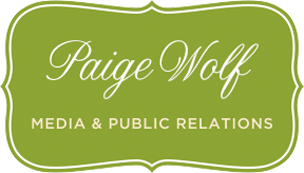As the politicians debate on and off the congressional floor, there is much talk of job creation through “clean coal” technology. Sounds great, right? Cut our dependency on foreign oil, create American jobs. All those commercials for Chevron and BP running during the conventions would certainly lead you to believe it’s a perfectly safe and sound idea.
Unfortunately, it’s far from a simple solution: the effects would be environmentally devastating and far-reaching. And we’re not just talking “polar bears” here. We’re talking drinking water that can make your hair fall out.
Hydraulic fracturing or “fracking” is a gas drilling technique, which involves the injection of millions of gallons of hydraulic fracturing fluids – a mixture of chemicals, water and sand – into each well to create pressure that cracks open rock underground, releasing natural gas. This process can deplete and contaminate local water, damage the environment and threaten public health. For an in-depth look at the very real effects of fracking, I suggest viewing the film Gasland.
This is an especially relevant issue in my area, as Pennsylvania and New York lie on the Marcellus Shale, a land mass in the process of being prepared for more fracking – and contaminating the Delaware River Basin where we get our drinking water.
If you live in the Philadelphia are, there is a rally on September 20 from 12-3 p.m. featuring Gasland filmmaker Josh Fox and one of my favorite authors and activists Sandra Steingraber. When I attended this event last year I was blown away by the diversity of the group – grandparents, children, workers – all united to fight for something as basic as clean drinking water.
Learn more about fracking issues and how you can get involved at Food & Water Watch.












